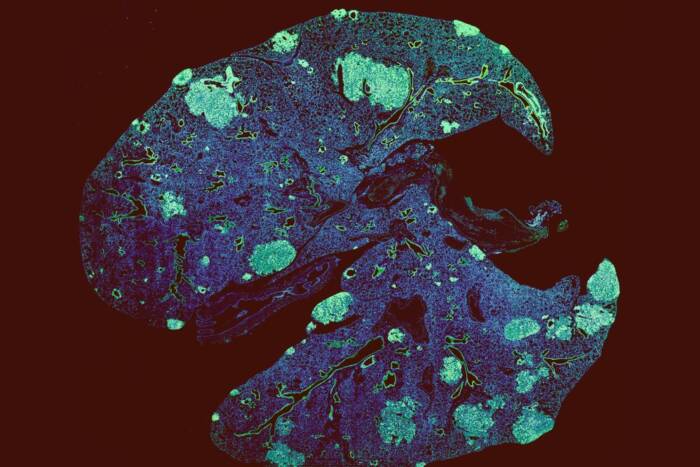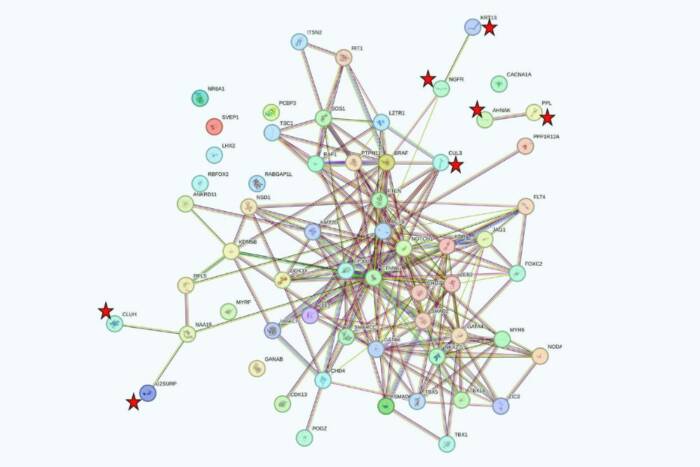Luciano Marraffini receives the Hans Sigrist Prize for work on antibiotic resistance
Luciano Marraffini, assistant professor and head of the Laboratory of Bacteriology, has been recognized with the Hans Sigrist Prize for his work developing a new approach to combat antibiotic resistance. This Swiss award, bestowed by the University of Bern, specifically honors Marraffini for manipulating CRISPR-Cas systems, which enable some bacteria to acquire immunity against viruses.
Marrafini officially received the award on December 5 at a ceremony in Bern. Funded by the Hans Sigrist Foundation, it includes a prize of 100,000 Swiss francs.
The Hans Sigrist Prize recognizes work in a different academic field each year based on a decision by a faculty committee of the University of Bern. This year, they selected novel strategies for combatting antibiotic resistance. Past fields have included topics in women’s history and stem cells. Established to promote scientific and academic research, the prize was first given in 1994.
CRISPR-Cas systems, the focus of Marraffini’s lab, make it possible for bacteria and other microbes to acquire immunity against viruses by capturing snippets of their DNA. Marraffini investigates the molecular mechanisms that make CRISPR immunity possible, as well as potential applications for these systems, which can be used to make precisely targeted cuts in any genome. These include a “programmable” antibiotic technique capable of selectively targeting harmful pathogens, particularly those harboring antibiotic resistance genes, while leaving other, potentially beneficial microbes alone.
Marraffini, a native of Argentina, received his undergraduate degree from the University of Rosario in Argentina and his Ph.D. from the University of Chicago in 2007. He was a postdoc at Northwestern University from 2008 to 2010, when he joined Rockefeller as assistant professor. Earlier this year, he was named a finalist in the life sciences by the Blavatnik National Awards for Young Scientists. In 2014, Cell named him one of its “40 Under 40.” He is a 2012 Rita Allen Foundation Scholar and a 2011 Searle Scholar, and is the recipient of a 2012 NIH Director’s New Innovator Award, a 2010 RNA Society Award, a 2009 Nestle Award, and a 2008 Jane Coffin Childs fellowship.


